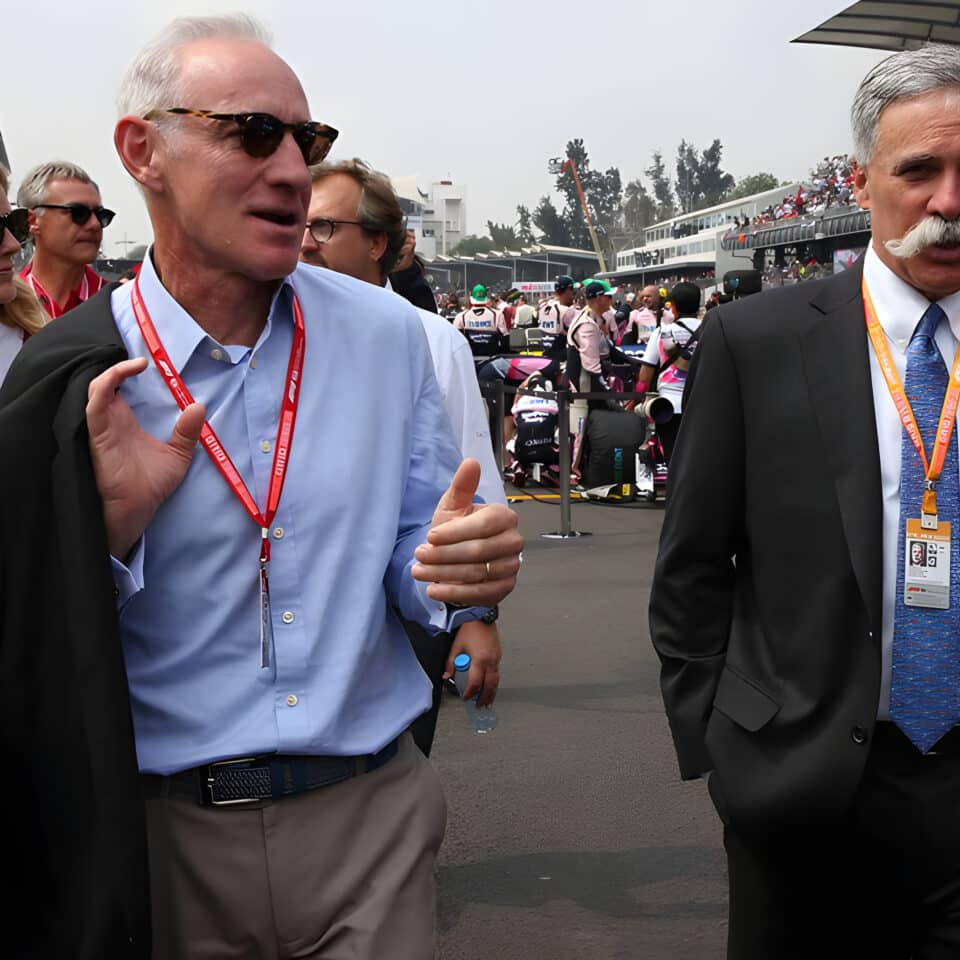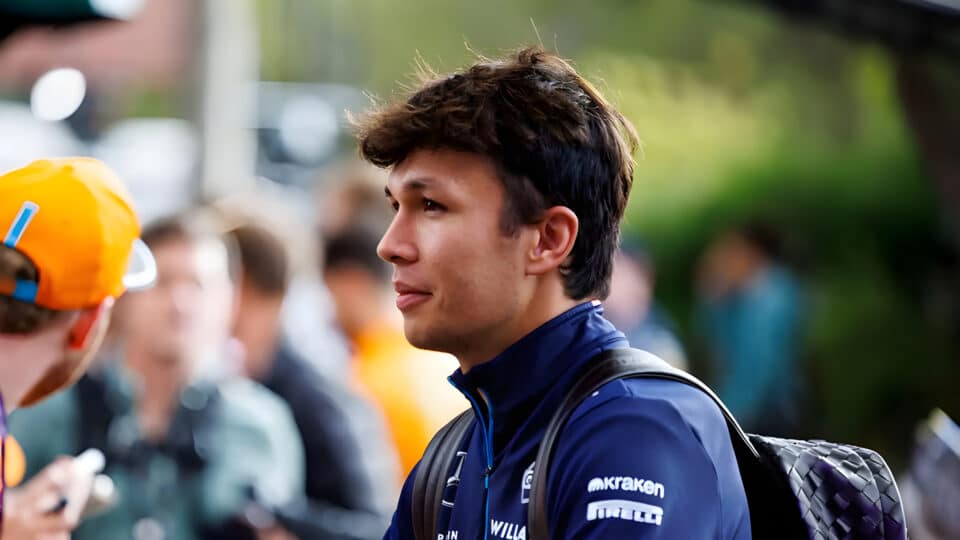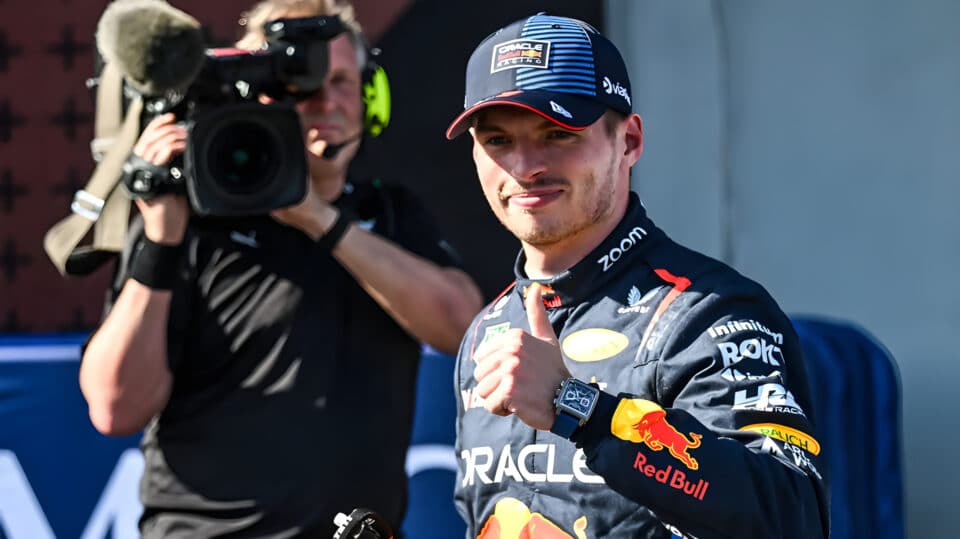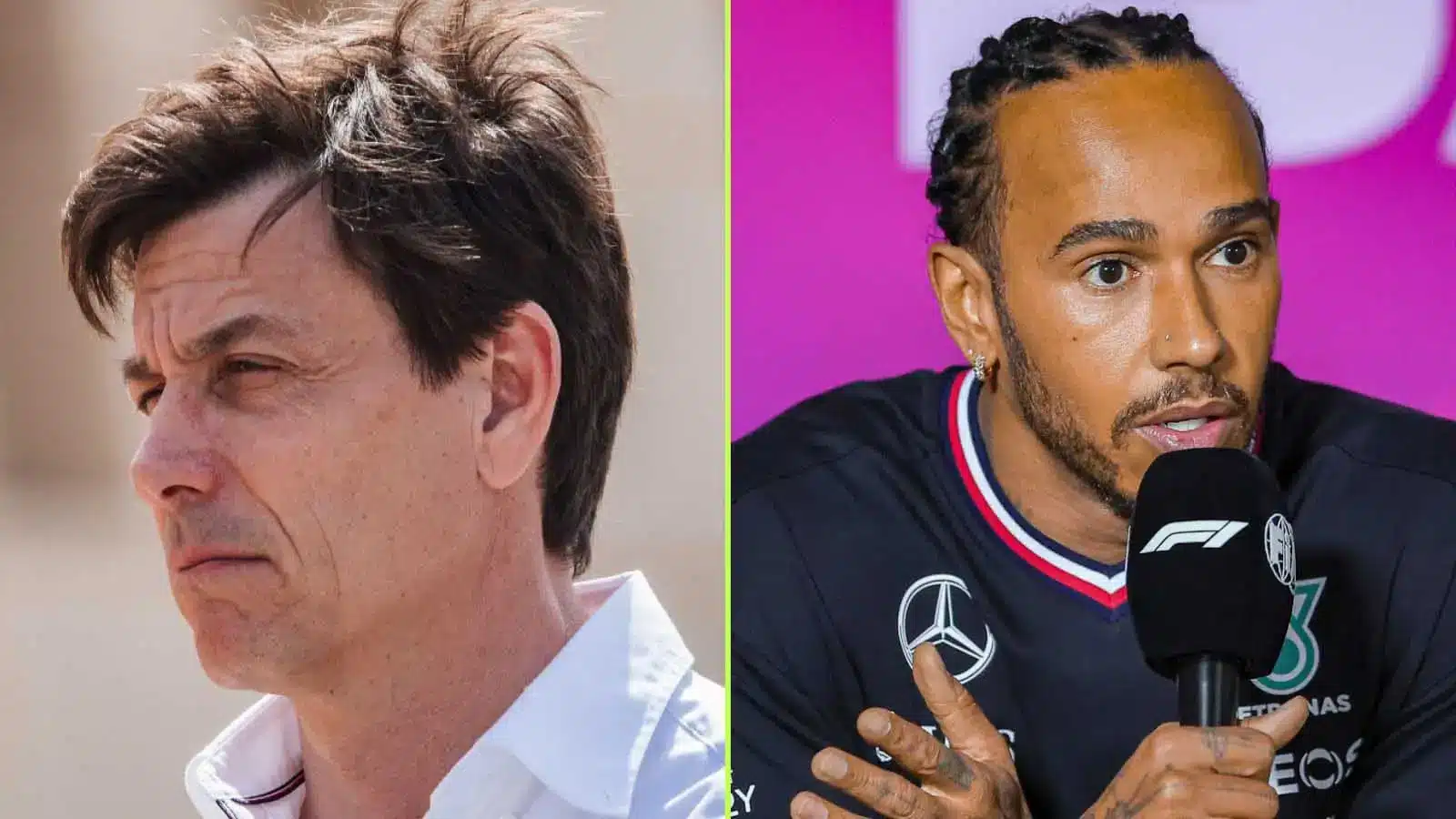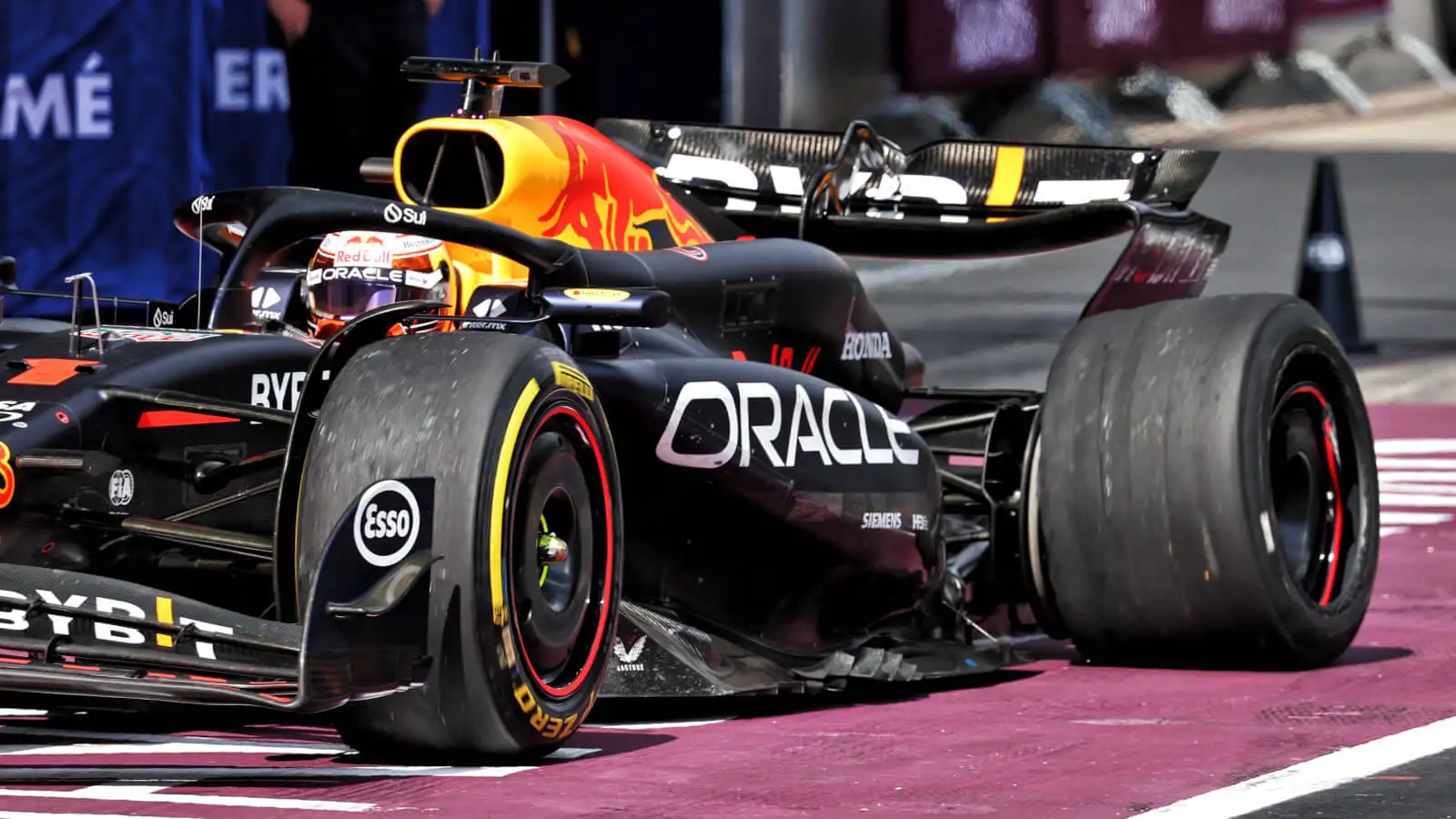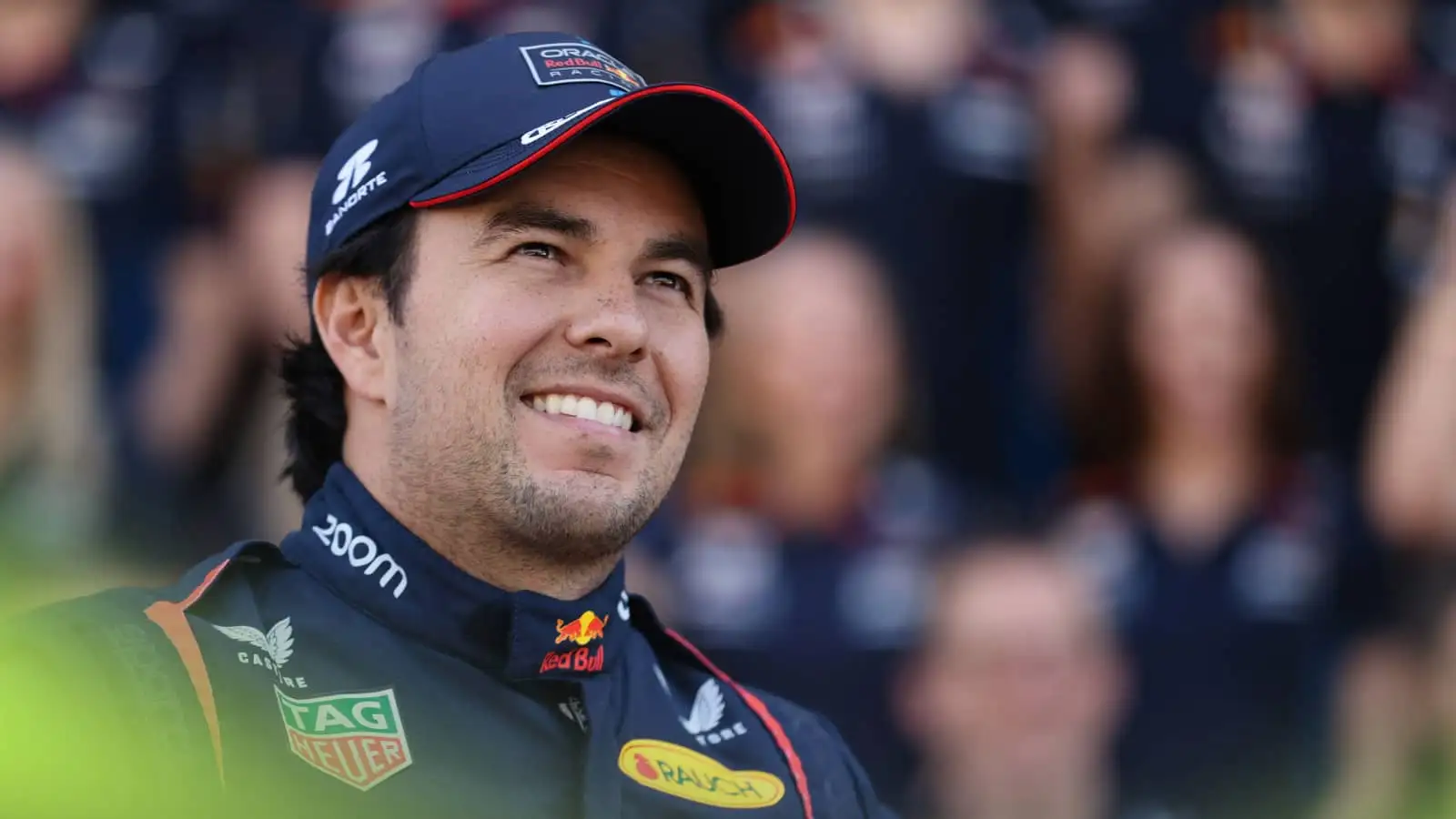Formula One’s journey under Liberty Media’s control has grown increasingly controversial. The American corporation, now in its eighth year of owning the sport’s commercial rights, is exponentially increasing its revenues. This year, they’ve escalated efforts by adding new race promoters who often pay double the fees compared to traditional European circuits. What’s striking is many of these new venues are in non-democratic nations where local interest in motorsport is virtually nonexistent.
F1 has a global audience of 500 million, making it the third most watched sport in the world after the Olympics and the Soccer World Cup. Countries like Saudi Arabia see F1 as a vehicle to boost tourism and replace diminishing oil revenues. Before Liberty Media, Formula One was owned by CVC Partners and managed by Bernie Ecclestone, who demanded high fees from a small number of elite sponsors. However, since Liberty took over, the number of US-based companies partnering with F1 teams has more than doubled, even though there are only three races in the USA.
New fans might know F1 through the popular Netflix series ‘Drive to Survive,’ but the sport’s roots go back to a simpler era in the 1950s and 60s. Fans back then could pool funds and buy a car to compete. Today, starting grids might look sparse compared to other motorsports with only 20 cars, but the commercial agreement allows for up to 26 cars should three new teams be added.
In 2010, Bernie Ecclestone allowed three new teams—Lotus, Virgin, and Hispania (HRT)—to join F1. Unfortunately, these teams struggled financially and soon exited the sport. Though their time was short, they enabled 24 drivers to participate in races, providing young talents a platform to showcase their skills.
Currently, Liberty Media, F1 teams, and the FIA are in a bitter dispute regarding the potential entry of Andretti Global Motorsports. Approved by the FIA, Andretti has yet to gain acceptance from Liberty and the teams, who now demand a $600 million fee, up from the previously agreed $200 million. Liberty Media is criticized for prioritizing their profits over expanding competition, despite the potential financial boon an American team could bring.
Mario Andretti, a legendary figure in motorsport, has been publically insulted by Liberty Media’s President, Greg Maffei. During a conversation at the Miami Grand Prix, Maffei interrupted Andretti and said, ‘Mario, I want to tell you that I will do everything in my power to see that Michael never enters Formula 1.’ Maffei then stormed off, leaving Andretti stunned. ‘I could not believe that,’ Mario said, likening the remark to a ‘bullet through my heart.’
U.S. lawmakers have launched an investigation into F1’s restrictive practices, potentially leading to antitrust scrutiny. Six senators have raised concerns that F1 operates as a de facto cartel, limiting competition and blocking new entrants like Andretti. This stands in stark contrast to the American notion of fair competition.
Adding to the drama, Pat Symonds has left his role as FIA’s chief technical officer to join Andretti. During his tenure, Symonds was instrumental in crafting the current car regulations and the upcoming changes for 2026. His departure signifies Andretti’s serious intent to join F1, provided they can overcome the significant barriers put up by existing stakeholders.
Formula One’s direction under Liberty Media is causing unease among traditionalists and new fans alike. The blocked entry of Andretti Global Motorsports is emblematic of broader issues in the sport, where financial interests and personal vendettas seem to overshadow the spirit of competition. The U.S. legal system’s intervention could bring significant changes, but until then, the struggle for a more inclusive and competitive F1 continues.
